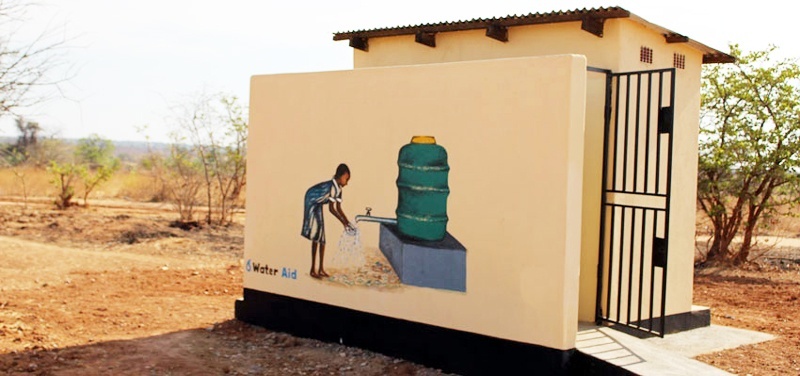The Union Territory of Jammu and Kashmir has achieved a significant milestone by declaring 6,000 villages as ODF Plus in the Aspiring category. This accomplishment is attributed to strong leadership and support at every level. These villages have successfully maintained their ODF Plus status and have implemented systems to manage solid and liquid waste.
The construction of toilets under the Open Defecation Free (ODF) initiative has brought about significant changes in the lives of villages. It has eliminated the practice of open defecation, ensuring that waste is contained and properly disposed of. This has led to cleaner surroundings, reduced health risks, and improved overall hygiene. Open defecation is a leading cause of water contamination and the spread of diseases such as diarrhoea, cholera, and typhoid. By using toilets, villagers are better protected against waterborne illnesses, leading to a healthier community. The provision of toilets has enhanced the dignity and privacy of individuals, particularly women and girls. They no longer have to face the discomfort and safety concerns associated with open defecation. Having a toilet at home allows for personal hygiene and provides a sense of security. With toilets in their homes or nearby, it saves time and effort, allowing them to focus on other activities such as work, education, and household chores. Improved sanitation can attract tourists, leading to potential income generation through tourism-related activities. Additionally, better health outcomes and reduced medical expenses can contribute to increased productivity and income generation for villagers. Constructing toilets under the ODF initiative promotes environmental sustainability. It prevents contamination of water bodies and soil, preserving the local ecosystem. Proper waste management systems associated with toilets also facilitate the utilisation of waste as a resource for composting and organic farming.
Overall, the provision of toilets under the ODF initiative has brought about transformative changes in village lives by improving sanitation, health, dignity, convenience, and economic opportunities. It is a crucial step towards creating healthier and more sustainable communities. The Rural Sanitation Department and Rural Department deserve all the appreciation for their consistent efforts.
Trending Now
E-Paper


